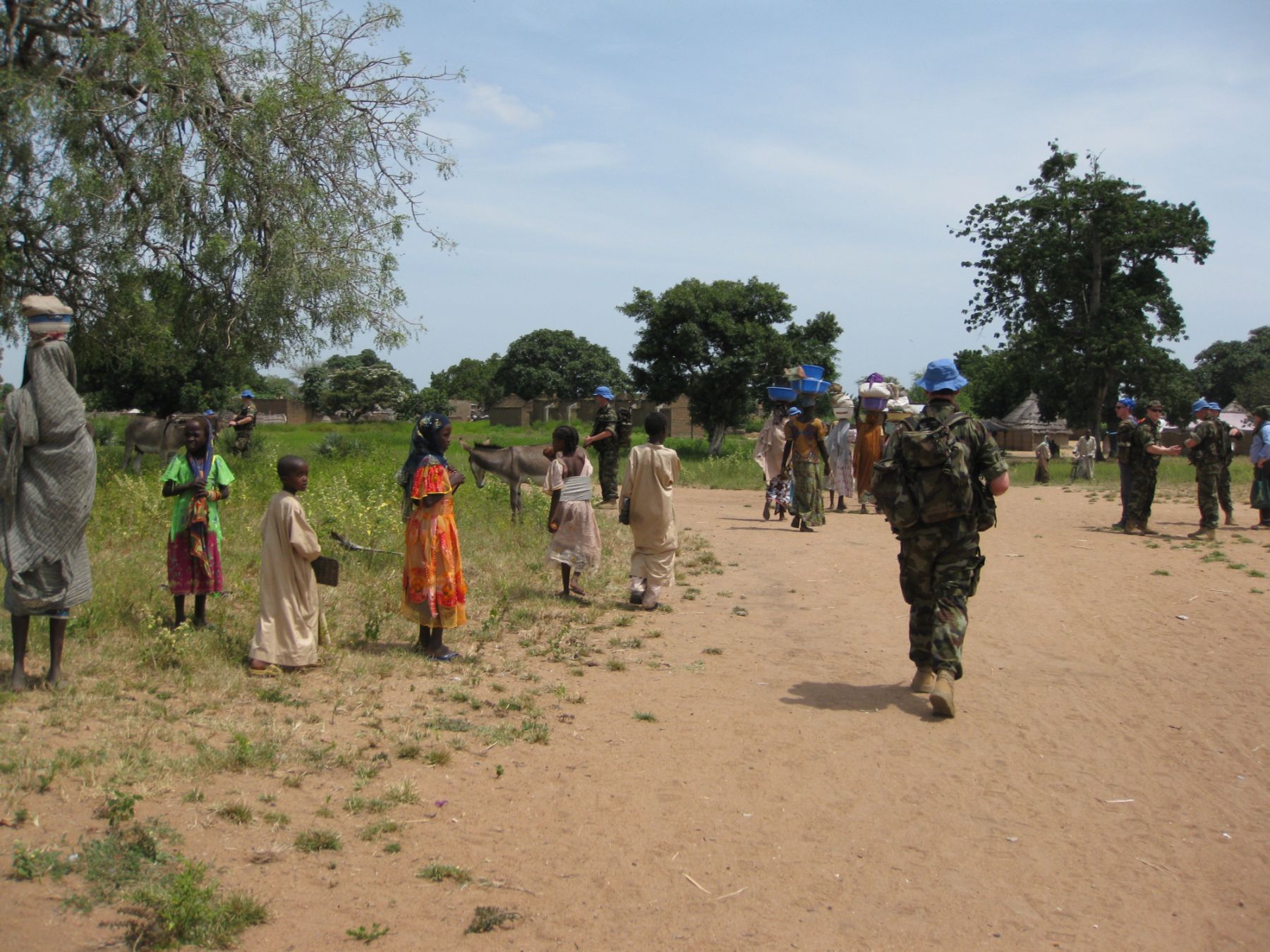“The principal worry for aid agencies is what would be the impact on the security situation,” said an aid worker in eastern Chad who requested anonymity.
“If the Chadian government can create the conditions in which aid operations can go forward in a secure environment, good. But if not, continuing humanitarian work here will be very difficult.”
The UN Mission in the Central African Republic and Chad (MINURCAT) is charged in part with protecting civilians, including the some 450,000 refugees and internally displaced persons (IDPs) in eastern Chad.
Even with the presence of military and police aid workers and other civilians in eastern Chad are regularly subject to carjackings, kidnappings and robberies by armed groups. In recent bulletins on Chad operations the UN Office for the Coordination of Humanitarian Affairs (OCHA) said insecurity is “a major worry” with “grave crimes” affecting aid agencies and civilians in the east.
There have also been armed attacks on a UN-trained Chadian police force also tasked with protecting refugees and IDPs.
The Chadian government has asked the UN not to renew MINURCAT's mandate, Gen Oki Mahamat Yaya Dagache, President Idriss Deby’s representative working with the UN mission, told IRIN on 20 January.
| Volatile environment |
State radio said Chad is ready to work with the UN to assure the security of refugees living in eastern Chad.
Dagache and UN officials told IRIN the two parties will discuss MINURCAT in the coming days.
While the government is asking that MINURCAT leave, one of its concerns is slow deployment, according to a mission spokesperson.
“The government has raised with us its concerns regarding delays in the deployment of the MINURCAT force and the development of infrastructural support for the Détachement Intégré de Sécurité [the UN-trained Chadian police force],” Michel Bonnardeaux, MINURCAT chief of public information, told IRIN.
“We are working to address these and other issues. In the coming days, a [UN] team from New York will travel to Chad to discuss these issues with the government.”
Aid workers in eastern Chad said their principal concern is the protection of civilians and humanitarian workers – whatever entity provides it.
Most aid workers IRIN spoke with did not wish to be quoted by name or affiliation, saying the subject is delicate.
“Tens of thousands of vulnerable refugees and Chadian civilians are still in need of aid, but the humanitarian workers helping them are facing an increasingly dangerous situation,” a worker with an international aid agency told IRIN. “Aid workers must be protected at all times so that they can deliver aid to needy populations urgently and efficiently but also safely.”
Oxfam International told IRIN: “Our predominant concern is the safety and well being of refugees, IDPs and Chadian communities. Given the current volatile situation in eastern Chad, with banditry as well as intercommunal tensions over natural resources and the still-fragile peace negotiations to resolve regional armed conflict, it is necessary that all measures to ensure security, provide rule of law and prevent impunity are being explored and utilized.”
Oxfam said it had no comment on whether security should be handled by MINURCAT or the Chad government. “Our concern is that communities are safe and have access to their basic needs, which includes access to humanitarian assistance.”
np/dd/aj
This article was produced by IRIN News while it was part of the United Nations Office for the Coordination of Humanitarian Affairs. Please send queries on copyright or liability to the UN. For more information: https://shop.un.org/rights-permissions





